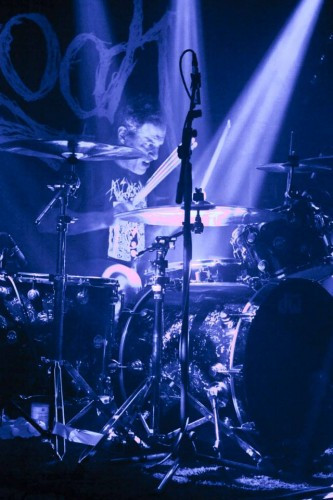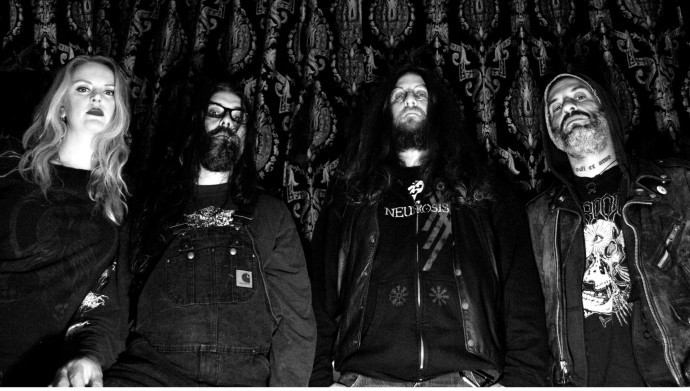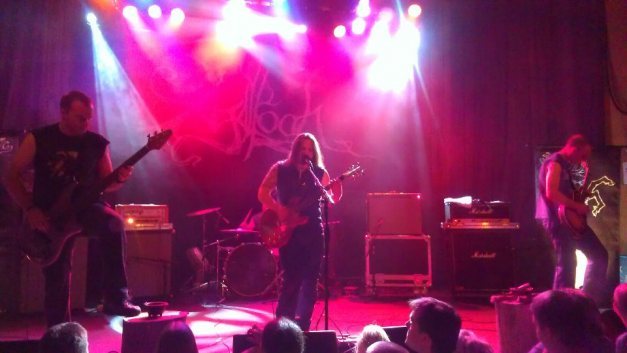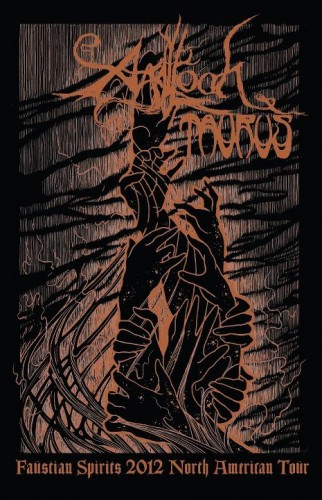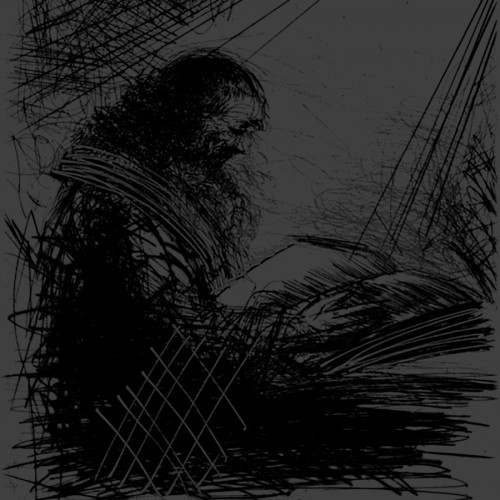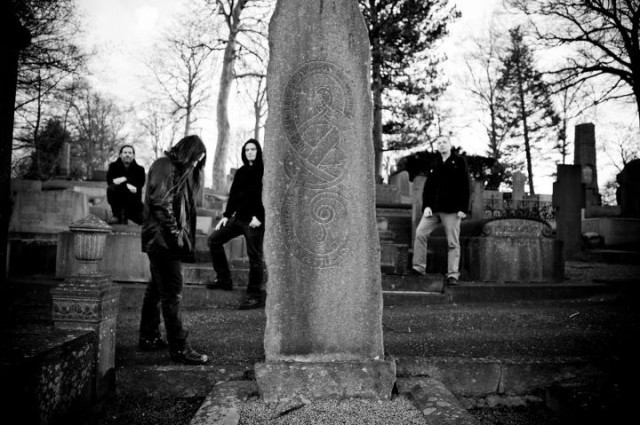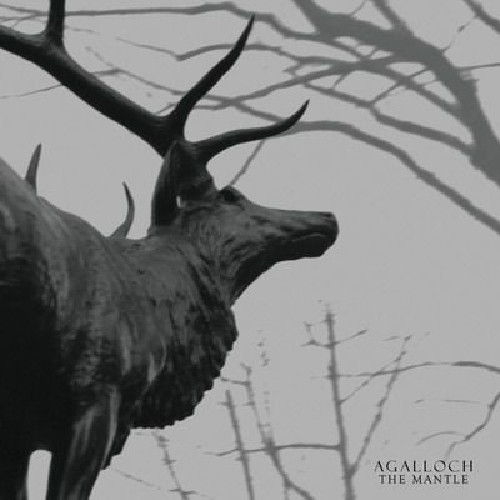
Yesterday marked the 10th anniversary of the release by Agalloch of their second full-length, The Mantle. Also yesterday, our brother in blog, Full Metal Attorney, devoted another one of his album-anniversary retrospectives to The Mantle, and as I’ve done before, I’m using his piece as what I hope will be a jumping-off point for discussion here at NCS.
This particular anniversary recognition means more to me than others we’ve featured here. The Mantle was my introduction to Agalloch, who have become one of my favorite bands, and the album itself was a revelation to me. FMA contends that it represented “two radical changes in metal”, which slowly gained in prominence after the album’s release. First, he states that it represented a form of “[m]etal that’s barely even metal” – “neo-folk music with some black metal elements, rather than the other way around.”
Second, he argues that it represented a shift “away from individual songs and toward complete albums”, a kind of cinematic music in which mood is paramount: “The songwriting is brilliant not because of monster riffs, but because it creates atmosphere and holds it together with memorable melodies and musical themes. In that sense, it resembles classical music more than any kind of rock music.”
While acknowledging that other bands such as Ulver had previously been creating music with a “neo-folk-infused musical style and cinematic/classical songwriting”, FMA asserts that “no one plying this trade had made such a strong statement as The Mantle” and that “[p]agan metal and post-black metal would be unrecognizable (or non-existent) today were it not for this record.” And to push the point even further, he states, “By extension, the nation of Ireland would have zero presence on the international metal stage.” Continue reading »



